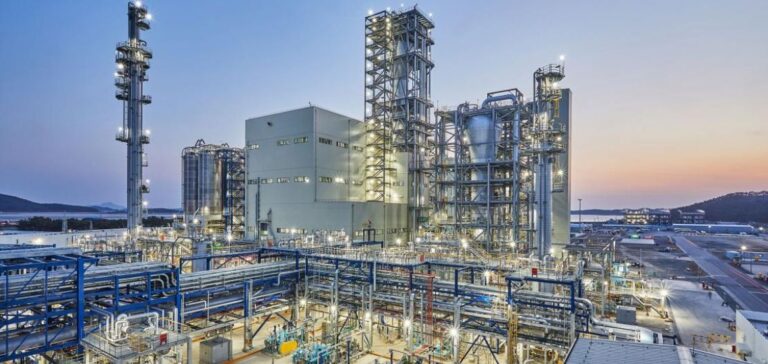South Korean refiners are keeping a close eye on China’s petroleum product exports, as Beijing may release a further 15 million tonnes of quota by September 2024.
This increase would bring total quotas to 48 million tonnes for the year, significantly increasing pressure on Asian refinery margins.
Indeed, refining margins in South Korea, although recovering slightly, remain below previous levels, and a massive influx of Chinese products could worsen the situation.
Economic context and regional consequences
The economic slowdown in China, particularly in the industrial and real estate sectors, could prompt Chinese refiners to maximize the use of their export quotas.
In July 2024, Chinese industrial production grew by just 5.1%, its lowest rate in four months, which could prompt Beijing to direct some of its output towards exports.
South Korean refiners, already in direct competition with their Chinese counterparts in strategic markets such as Australia and the Philippines, now have to deal with a possible oversupply, which could further weaken prices for refined petroleum products in Asia.
Exacerbated competition and coping strategies
As South Korean and Chinese petroleum products battle for market share in the Asia-Pacific region, South Korean refiners’ strategy must adapt to these new realities.
With regional demand at half-mast, any increase in Chinese exports could prolong the downward trend in margins observed since the beginning of the year.
At the same time, refining margins in South Korea have risen from $5/barrel in May to $7.5/barrel in August, a recovery which could be undermined by an increased supply of Chinese products.
South Korea’s refining industry is at a strategic crossroads, where flexibility and anticipation of market developments will be key.
Beijing’s decisions on the use of export quotas over the coming months will be crucial to the balance of the Asian distillate market.






















